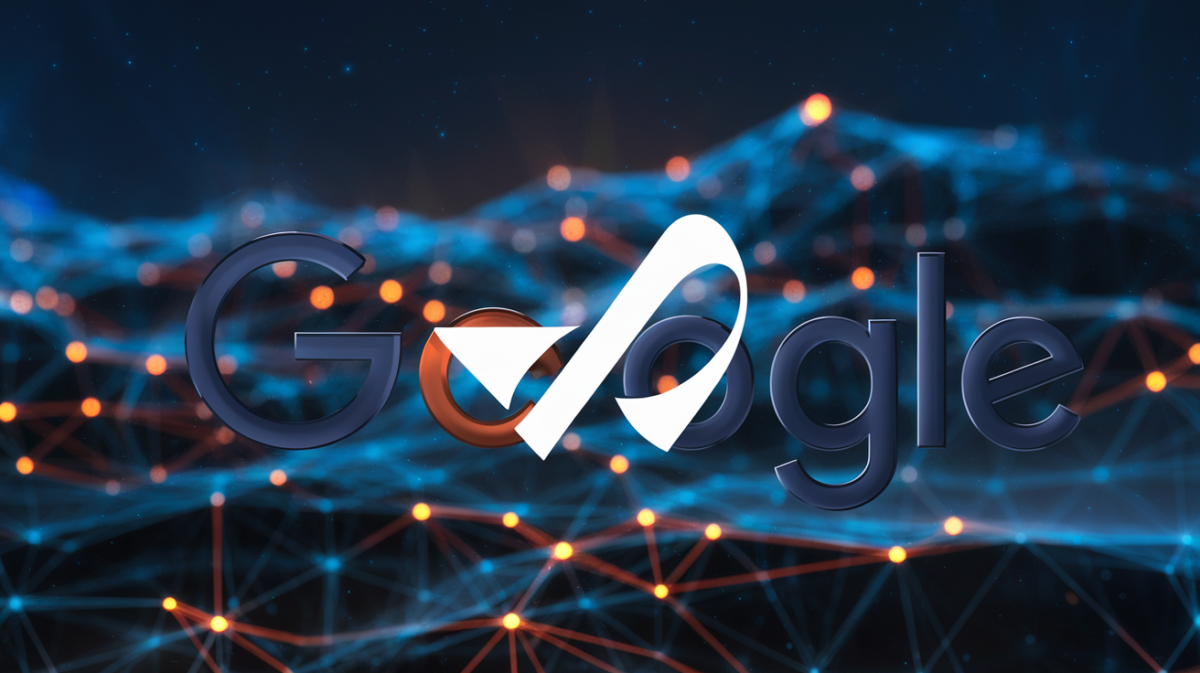In a bold move to strengthen its artificial intelligence (AI) division, Google has finalized a $2.4 billion agreement with AI coding startup Windsurf. The deal includes hiring key executives, such as CEO Varun Mohan and co-founder Douglas Chen, to join Google’s DeepMind team. This strategic partnership also grants Google a non-exclusive license to Windsurf’s cutting-edge technologies, allowing the startup to continue its operations independently.
Who Is Windsurf, and Why Does This Deal Matter?
Founded in 2021 by Varun Mohan and Douglas Chen, Windsurf quickly rose to prominence in the AI-assisted software development space. The company’s flagship product, an AI-powered integrated development environment (IDE), automates repetitive coding tasks, freeing developers to tackle more complex challenges. Windsurf’s rapid growth—boasting over a million users and a $1.25 billion valuation—caught the attention of tech giants like Google.
Varun Mohan, a visionary leader in AI, has been instrumental in Windsurf’s success. His expertise in agentic coding—where AI models act as intelligent co-developers—aligns perfectly with Google’s ambitions for its Gemini project, a cornerstone of its AI strategy.
Breaking Down the $2.4 Billion Agreement
The deal is structured to benefit both parties:
- Licensing Fees: Google gains access to Windsurf’s proprietary technologies without acquiring the company outright.
- Talent Acquisition: Key Windsurf executives, including Mohan and Chen, will join Google’s DeepMind to drive AI innovation.
- Independence for Windsurf: The startup retains the freedom to license its tools to other companies, ensuring continued growth.
This approach mirrors a growing trend in the tech industry, where companies prioritize talent and technology over full acquisitions to avoid regulatory hurdles.
What This Means for the AI Industry
Google’s deal with Windsurf highlights the fierce competition among tech giants to secure top AI talent and proprietary tools. Here’s why this matters:
- AI-Assisted Development: Windsurf’s technology could accelerate Google’s efforts to create AI models that assist developers in real-time.
- Strategic Positioning: By integrating Windsurf’s expertise, Google aims to stay ahead in the AI arms race, competing with rivals like Microsoft and Amazon.
- Industry Trends: The “acquihire” model—where companies hire talent and license tech without full buyouts—is becoming a preferred strategy.
Comparing Google’s Move to Other Tech Giants
| Company | Deal Type | Key Talent/Technology Acquired | Purpose |
|---|---|---|---|
| Talent hire + tech license | Windsurf’s CEO and co-founder | Boost AI coding capabilities | |
| Microsoft | Acquihire | Inflection AI team | Enhance AI research |
| Amazon | Talent hire | Adept’s co-founders | Strengthen AI infrastructure |
Industry Reactions and Future Implications
The deal has sparked discussions across the tech world, with analysts noting its potential to reshape AI development. By avoiding a full acquisition, Google sidesteps antitrust concerns while still gaining critical resources. This could set a precedent for future deals in the sector.
For Windsurf, the agreement ensures continued innovation and collaboration opportunities. For Google, it’s a strategic win in its quest to dominate AI-driven software development.
Conclusion
Google’s $2.4 billion deal with Windsurf underscores the company’s commitment to leading the AI revolution. By bringing in top talent and licensing advanced technologies, Google is poised to make significant strides in AI-assisted coding. As the tech industry watches closely, this partnership could redefine how AI innovations are commercialized and scaled.







